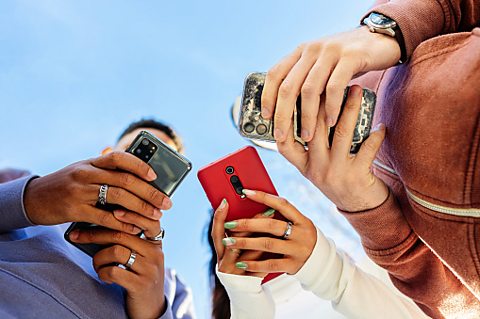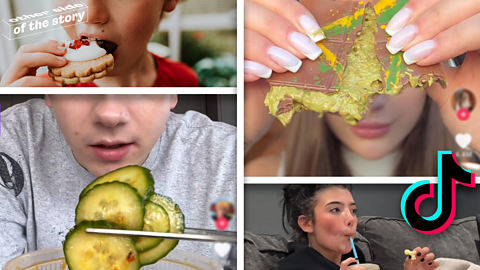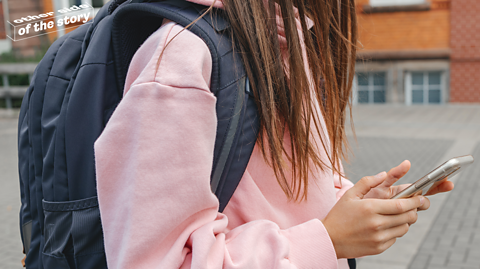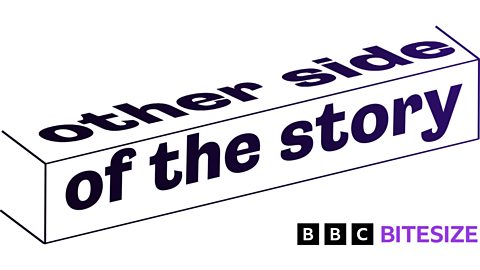
Meta, the company that owns Facebook and Instagram, is going to start using AI to identify teenagers who are lying about their age on Instagram, and automatically move them into teen accounts.
Instagram is introducing a software tool called an ‚Äėadult classifier‚Äô early next year that will use profile account data to categorise users into two age groups ‚Äď older or younger than 18.
The software will look at information such as the user‚Äôs follower list, the content they interact with and ‚Äėhappy birthday‚Äô posts from friends, and use this to predict their age.
If the software suspects that the user is under 18, they will be automatically placed into a teen account - regardless of how old they claim to be on their profile.
This latest update follows new safety features introduced earlier this year to provide greater protection for young people who use the platform.
Other new developments include introducing facial recognition technology to both combat scam celebrity adverts and to allow people to unlock their social media accounts, as well as lowering the quality of older, less popular content on Instagram.
What is ‚Äėceleb-bait‚Äô and how is Meta using facial recognition technology to tackle it?
‚ÄėCeleb-bait‚Äô refers to fraudulent ads featuring AI-generated images or videos of celebrities that are used by scammers to trick people out of money.
Meta already uses AI to review ads but is introducing facial recognition tech that will compare images from ads flagged as suspicious with the celebrities’ social media profile pics. If the image is confirmed as a match and the ad is a scam, then it will be automatically deleted.
Deepfake technology has allowed these adverts to become more believable in recent years, putting Meta under pressure to do more about removing them.
How else is Meta using facial recognition technology and why is it controversial?
Facial recognition tech is also being tested as a way of proving a user‚Äôs identity in order to gain access to a locked Instagram or Facebook account ‚Äď the current process involves uploading official ID or documents.
Using facial recognition in this way is controversial as it causes issues around privacy and accuracy. However, Meta has said that as part of the new test, video selfies will be encrypted and stored securely while any facial data generated will be deleted after the check. The system hasn’t yet been tested in the UK or EU.

Why has Instagram been accused of favouring popular creators?
Some Instagram creators have said they are ‚Äúdisheartened‚ÄĚ after the platform‚Äôs boss revealed that they reserve quality for more popular content, while reducing the quality of videos that have not been watched for a long time.
Instagram has said they will improve a video’s quality if it becomes more popular again, but some creators feel this favours established creators who already have high engagement and will make it more difficult for new creators trying to build a following.
Earlier this year, Instagram also announced that it was introducing new safety features in order to provide greater protection for young people who use their platform.

Not sure if the news you’re seeing on social media is true or false? Can you always tell if the things you see online are real or fake? Learn how to get the other side of the story with our quizzes, videos and explainers.


